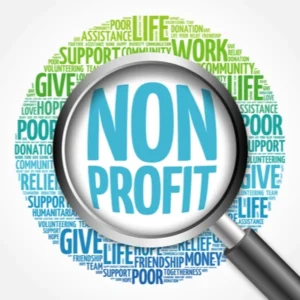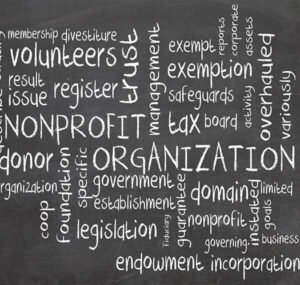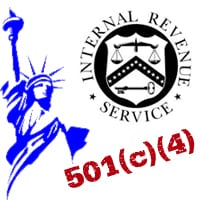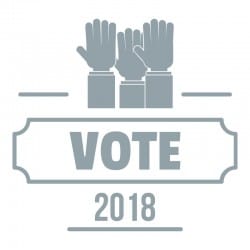As we head into this fall’s elections and the country ramps up for next year’s presidential elections, leaders and employees at nonprofit organizations may find themselves facing thorny questions about political campaign activities. In addition to understanding what political activities are permissible and impermissible for nonprofit organizations, individuals who lead or work for public charities should also understand the types of political campaign activities they can undertake in a personal capacity.
Under the Internal Revenue Code, all 501(c)(3) organizations are prohibited from participating in any political campaign on behalf of or in opposition to any candidate for elective public office. This includes contributions to political campaigns or public statements of position made on behalf of the organization in favor of or in opposition to any candidate for public office. The IRS explains on its website that non-partisan voter registration and get-out-the-vote drives may be permissible as long as they do not bias, favor or oppose one candidate over another, or have the effect of favoring a candidate or group of candidates. For private foundations, there are more specific rules restricting their grantmaking for voter registration activities.
Although public charities are prohibited from engaging in political campaign activities on behalf of or in opposition to candidates, the IRS states that “The political campaign intervention prohibition is not intended to restrict free expression on political matters by leaders of organizations speaking for themselves, as individuals. Nor are leaders prohibited from speaking about important issues of public policy. However, for their organizations to remain tax exempt under section 501(c)(3), leaders cannot make partisan comments in official organization publications or at official functions of the organization.” (IRS Rev. Rul. 2007-41).
If you lead or work for a public charity and plan to get involved in political activities in a personal capacity, you should keep the following guidelines and best practices in mind.
- Employees who endorse or support candidates, make public comments in person, express themselves in writing or online, or engage in other electioneering activities, should refrain from using organizational titles or the organization’s name while making such endorsements or expressing such support.
- If an employee is identified by name or title in public communications, the employee should include this statement: Titles and affiliations of each individual are provided for identification purposes only and do not reflect the views of the organization or imply an endorsement by the organization.
- Organization leadership and employees who use personal email communications, personal social media platforms, and any online platforms not affiliated with the organization to communicate about or engage in political campaign activities should include the following disclaimer in the ‘About/Bio’ section and where possible, at the end of such communications: All personal views and opinions expressed are my own and do not represent or reflect the views of any organization. Although this disclaimer will not provide absolute cover, its inclusion helps to draw a clearer line between the individual’s affiliation with an organization and their rights as a private citizen.
- Organization representatives cannot support or oppose candidates at organization-sponsored events. For example, an employee should not, while attending a charity-sponsored event, wear any political t-shirts, buttons, hats, etc.
- Employees should not use organizational resources, including phones, copiers, computers, office space, email addresses, office addresses, organization name, organization online and social media platforms, donor or mailing lists, for supporting or opposing candidates.
If you lead or work for a public charity, consider the following tips to help keep your organization in compliance during election season.
- Organization leaders should provide written notice to members of the Board, staff, and volunteers of its policy against using organizational resources for political campaign activity. In addition to developing a policy on political activities, leaders should regularly update the policy and train the Board, staff, and volunteers.
- Charities should not report or comment on staff and volunteer personal campaign intervention activities in the charity’s newsletter, on its websites, or any social media accounts.
- When dealing with the public on issues relating to an election, charity spokespersons should regularly include disclaimers that the charity cannot and does not endorse political candidates (The organization can post a disclaimer on the charity’s website to this effect). While such disclaimers will not excuse partisan activity, they can help explain that a charity’s public communications are not intended to support or oppose candidates, particularly where members of the public might construe certain communications to involve political campaign intervention.
When it comes to political campaign activities, public charities have different restrictions than the individuals who lead and work for them have in their personal capacities. That said, to help keep your organization out of trouble, the best thing you can do is to understand the rules and make sure there is a clear line between what you do in your personal capacity from that of the organization you work for.














